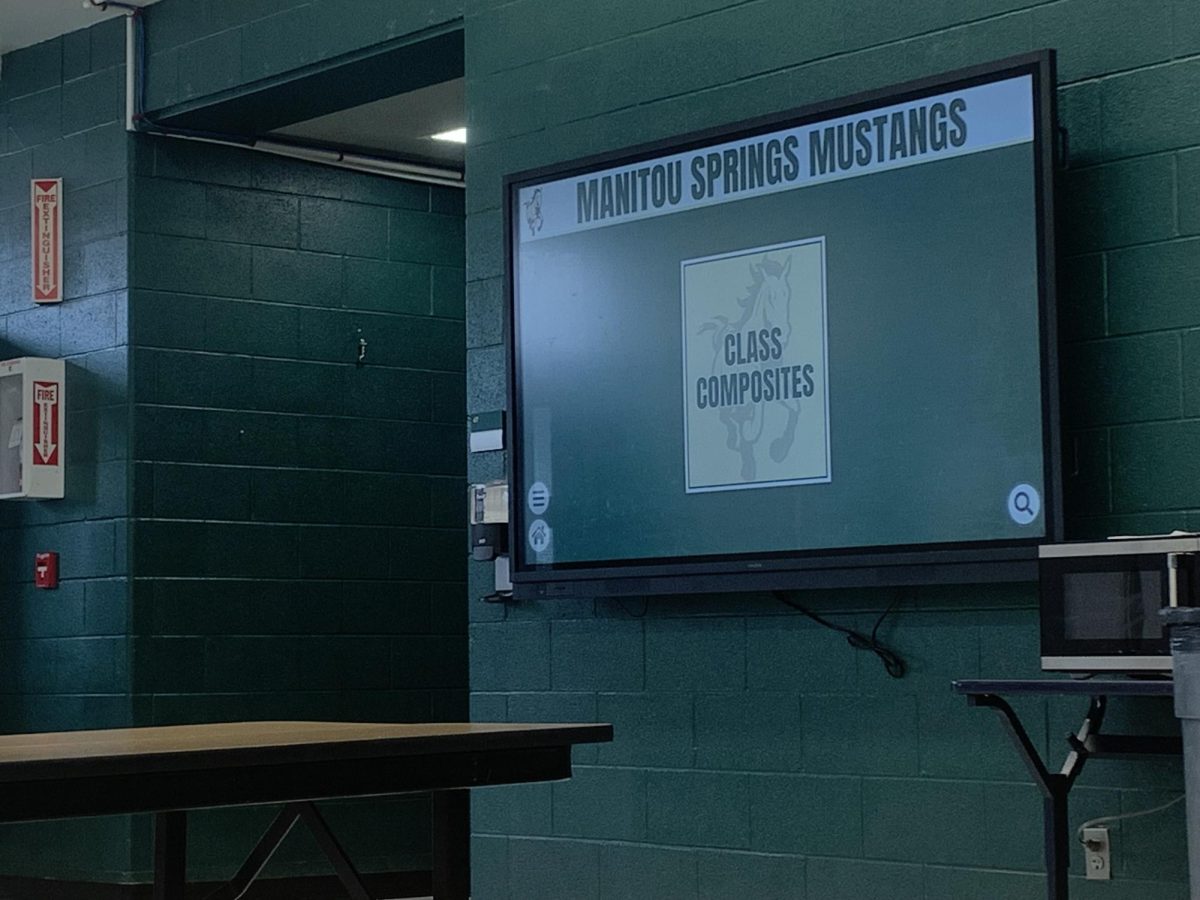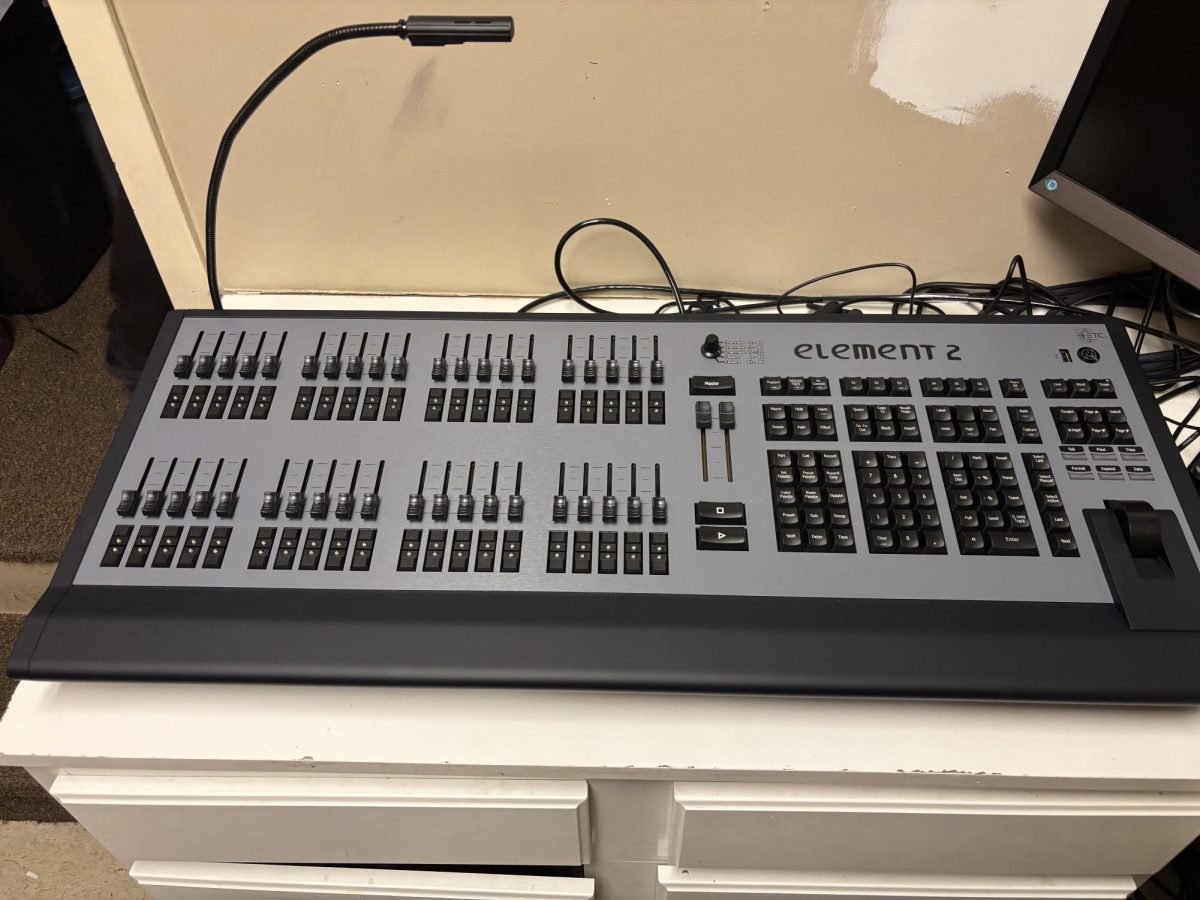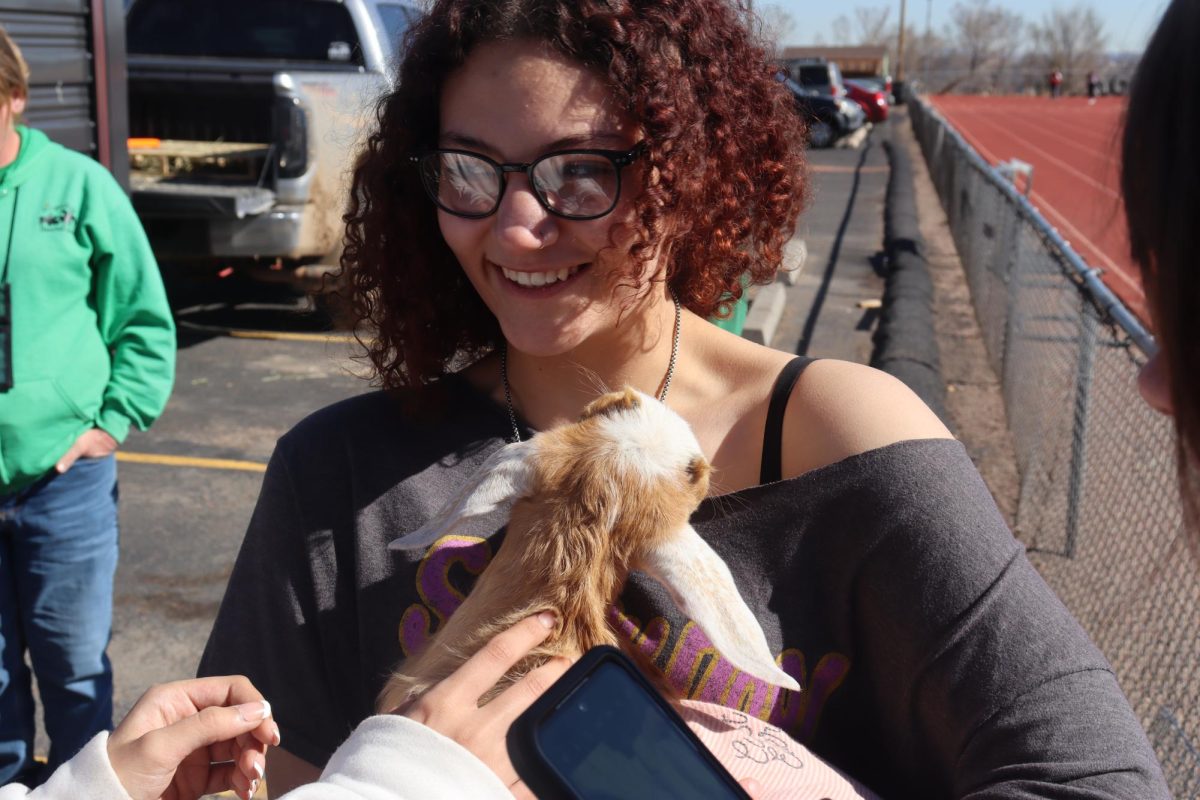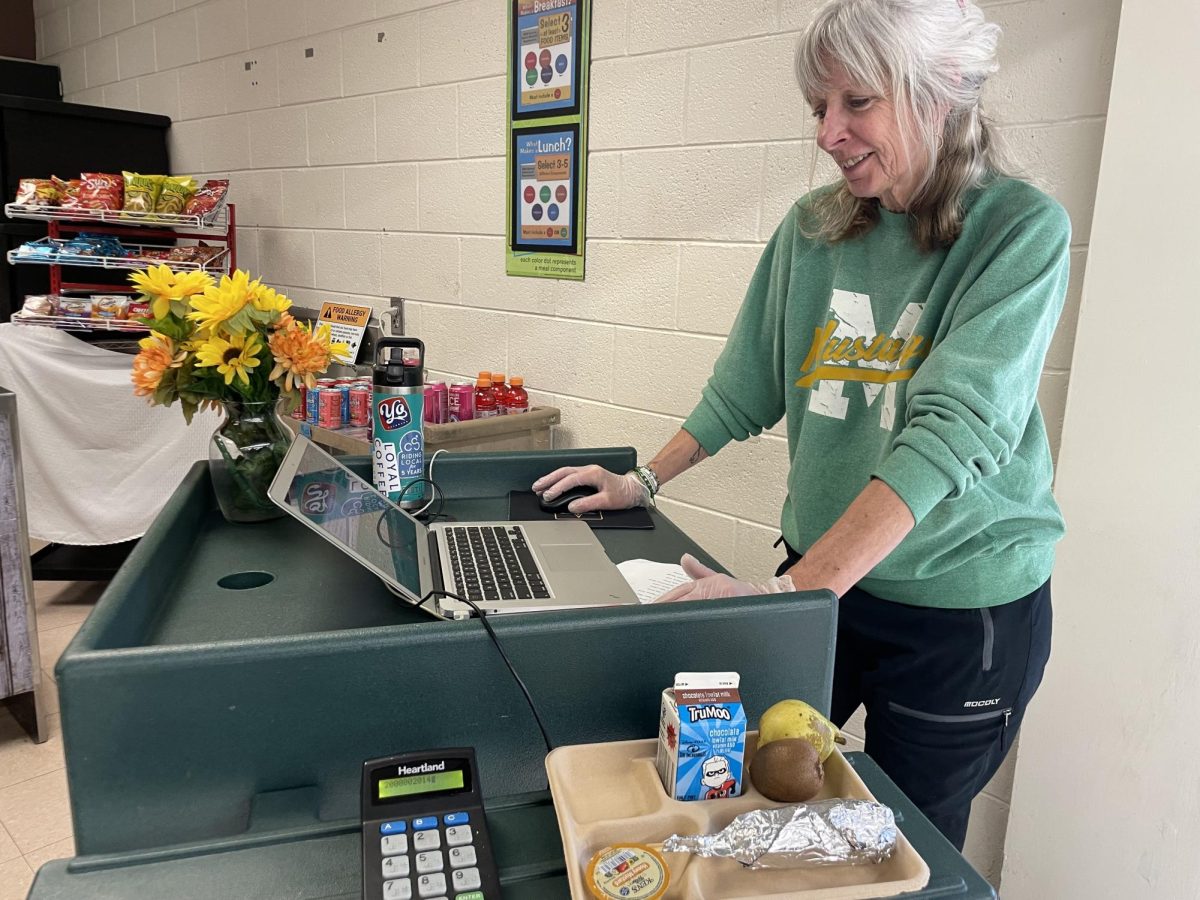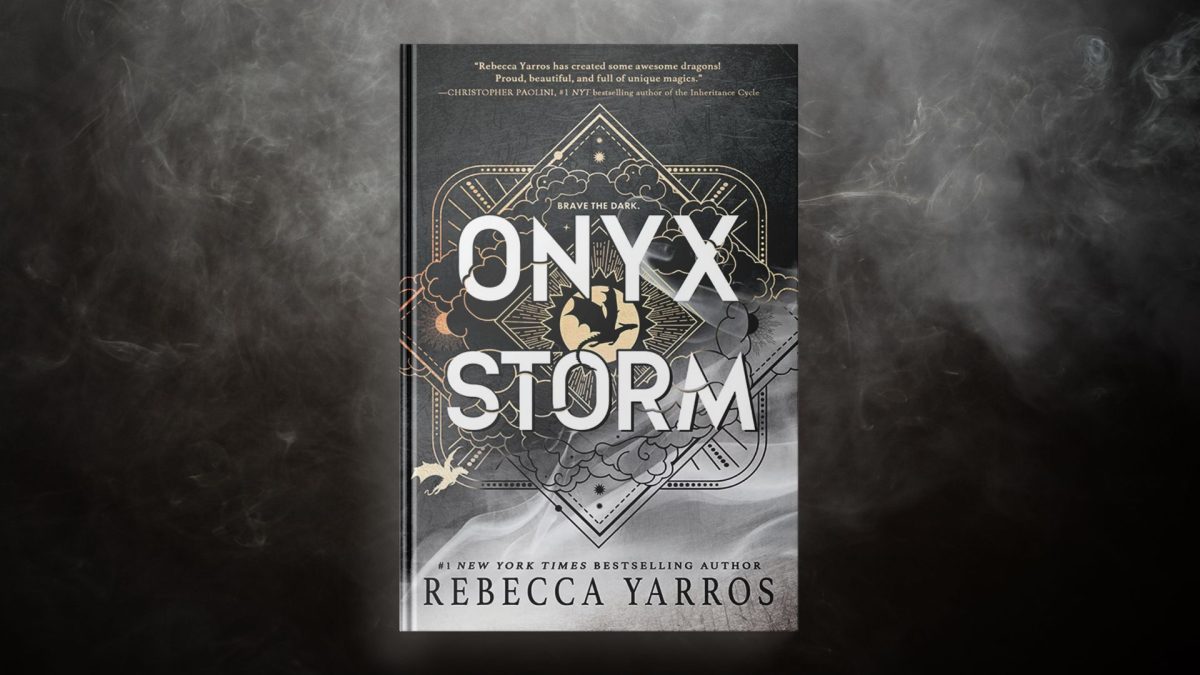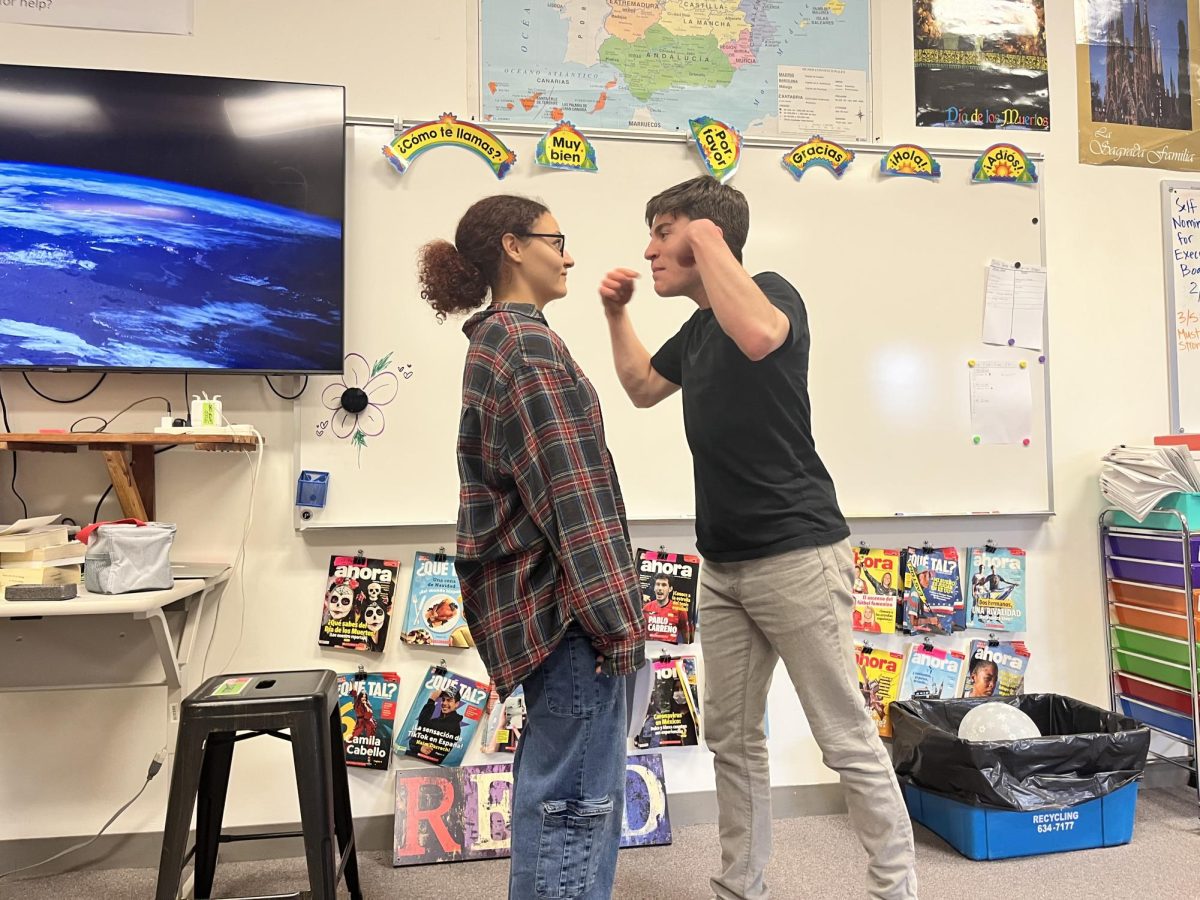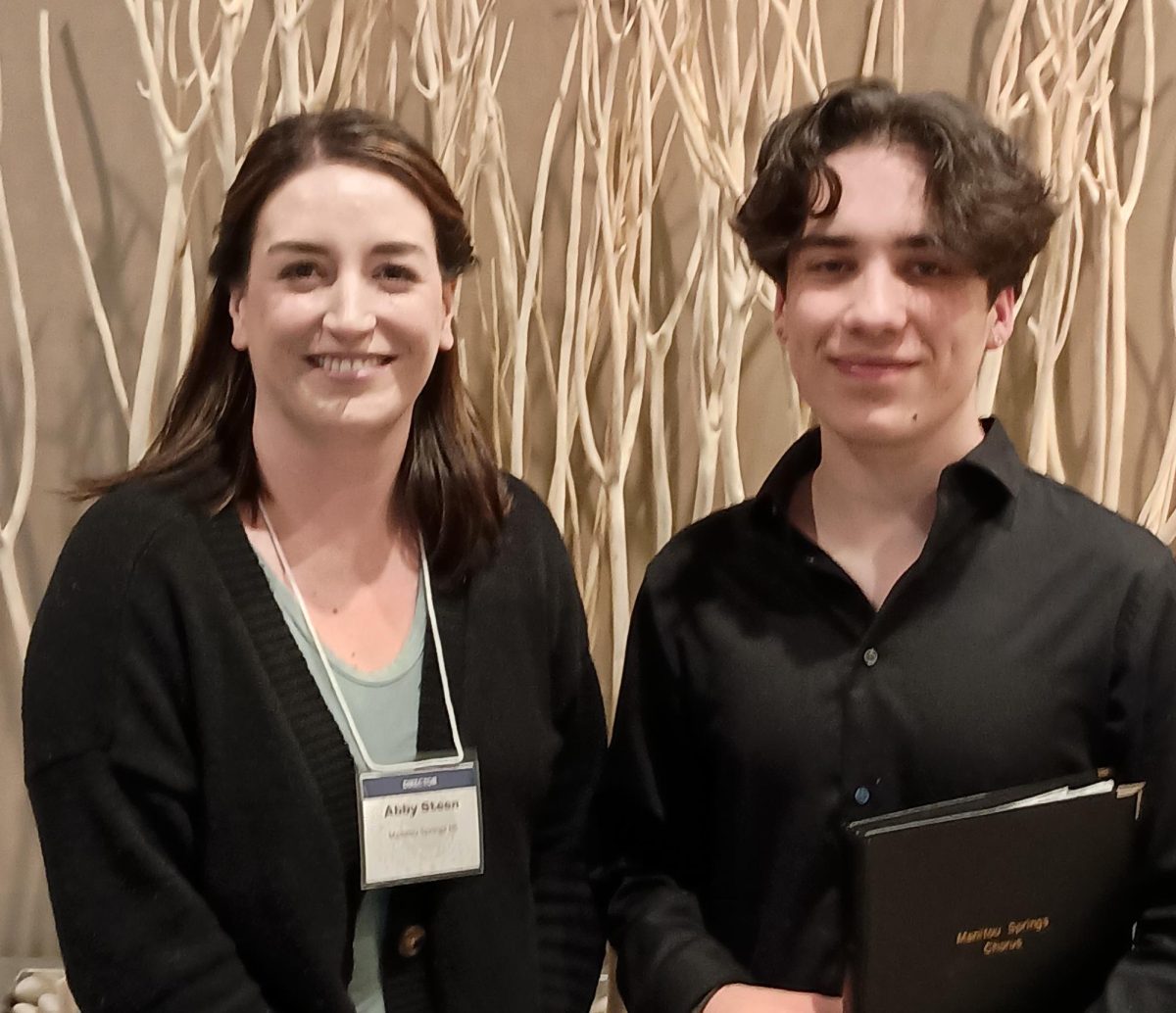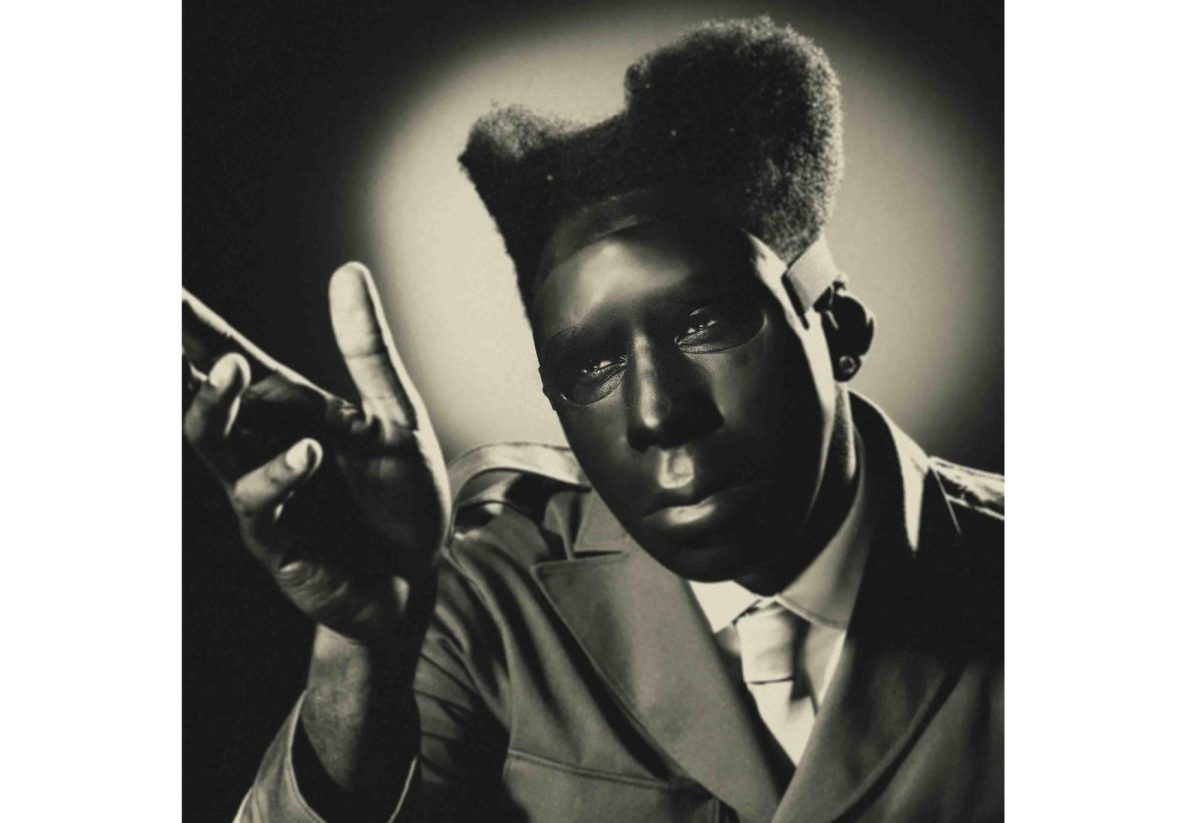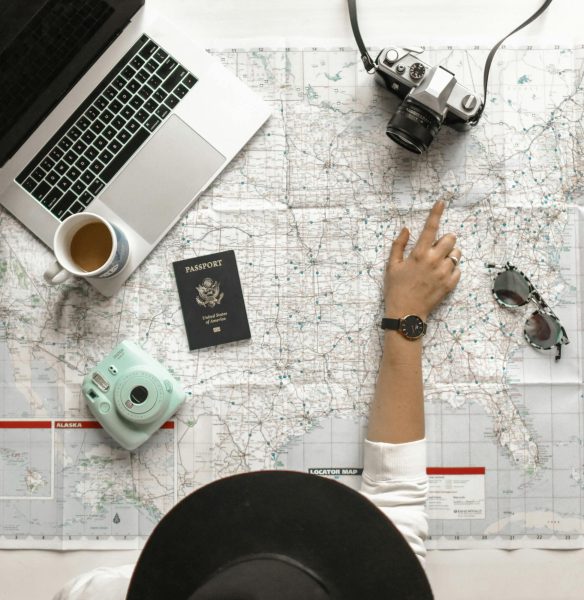Apple and the FBI Face Off

March 10, 2016
Most people have heard a lot about the disagreement between Apple and the FBI, and more than likely have read some very skewed perspectives and perhaps assigned judgement based on biased information. The reality is that the situation is far more complicated than it first appears. In order to help you form your own opinion here are some of the basics of the situation.
What does the FBI want?
In their investigation on the San Bernardino attacks the FBI acquired an iPhone belonging to Syed Rizwan Farook who carried out the shooting along with his wife Tashfeen Malik. The phone is protected with a simple code that has managed to keep the FBI from accessing any of the information. And I know many of us have been able to get ahold of our friends’ passcodes with limited effort, how can the FBI not get into this phone? The phone is set so that all of the information will be wiped after the passcode is typed incorrectly ten times. Many different solutions have been proposed such as finding a way into the phone through the icloud and such, but none are readily available, this leads us to the FBI’s proposal to Apple. The FBI asked Apple to design a backdoor into the phone that would let them in to gather information regarding the shooters and their possible motives. Apple denied the request and released a public letter detailing why they would not design the software requested by the FBI. http://www.apple.com/customer-letter/ This started the argument that is turning into a legal war. Often a phone wouldn’t cause this much turmoil, however, the San Bernardino case is a little different. There is an extremely small amount of evidence regarding the motives of the shooters. The government hasn’t been able to gather information as to if they are officially involved with any sort of terrorist organization. And this is not only a matter of having the comfort of knowing why they did what they did, if they are associated with any sort of terrorist organization, the information is crucial to the protection of American citizens. We need to know if they were taking orders, if so from who, and if there are any more people in America with the intent to carry out similar acts of terrorism.
Why is Apple refusing?
As Apple detailed in their letter they believe that creating such software is an extremely dangerous move that will weaken the security of Apple in general and they are not willing to put their clients’ information at risk. What the FBI is asking for is a software update that would include a change to Apple’s security making so that an electronic “key” could be used to acquire information from the phone. Apple has said that building the backdoor would greatly weaken their encryption and make users of Apple products vulnerable to hackers. Apple stated that the government intended to use this key on the phone of Farook only, but whether or not that is true, Apple believes that the software could be very easily manipulated to be used on any phone at will. The other issue is that Apple believes that giving this key to our government sets a very dangerous precedent. Because Apple is an international company and sells their product in a number of countries this could lead to a number of international issues. Once the key is given to the American Government it makes it much harder to deny other governments this key, and this also makes any iPhone vulnerable to hackers in any country.
Why should we care about this legal battle?
The next question is what does this mean for us? As a society we rely very heavily on technology, especially those of us in the younger generations. Technology has come to be included in every aspect of our lives, we bank on our phones, we have private conversations, people even date on their phones. But the issue is there are those out there who sell drugs, receive orders, and participate in an endless number of other illegal activities all on their phones. And as students of Manitou Springs High School we all know the extent to which we use technology, with the introduction of Canvas we can receive, complete, and turn it our assignments all on our ipads. And this whole debate between Apple and FBI ordeal has to make us all think, who has access to our information? Obviously in terms of iPads the school has access being that they own and have distributed the devices; but if we think about our personal devices who is on that list? In recent years the government has more and more access to most of our records and technology. However, this is being questioned as the risks involved become clearer. Since about 2013 there have slowly been more and more regulations of organizations like the NSA regarding what they can and can not use. One of the events that really started us on the path of questioning the limits of what the government should and shouldn’t be able to do was the release of mass amounts of classified information by Edward Snowden. In 2013 he copied restricted files from the NSA that revealed many different surveillance programs both globally and internally. Many argue that Edward Snowden started an age of questioning the limits of our government and contributed to many feeling mistrust for the government. And the Apple VS. FBI argument has brought much of this to a front and is expected to help set more boundaries on what the government can and can not do in terms of technology. Within the past few days a judge ruled that Apple must comply with the FBI and design the software, however, an appeal has been filed and the decision will be rehashed by the courts.

